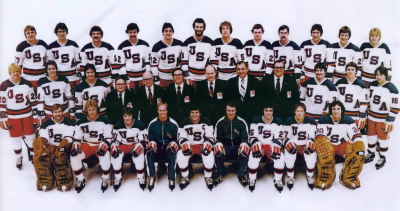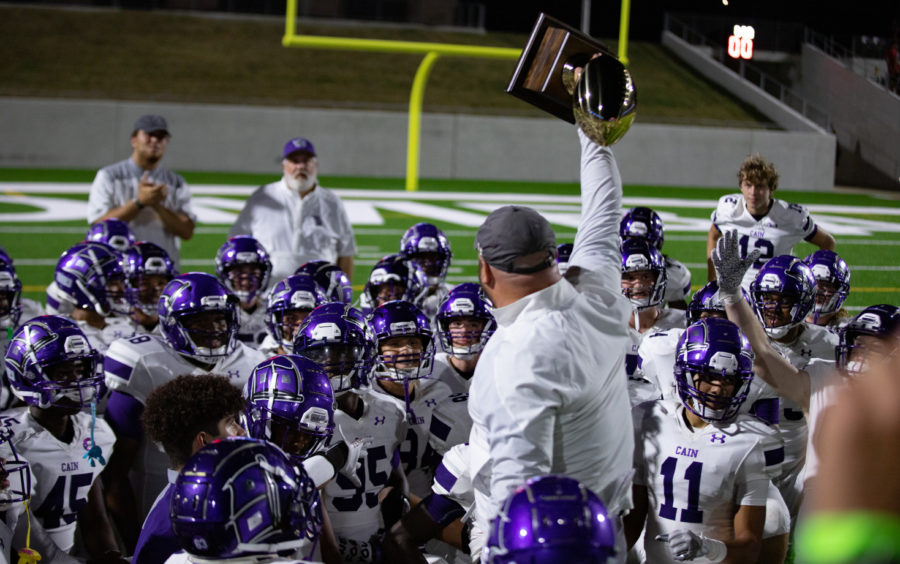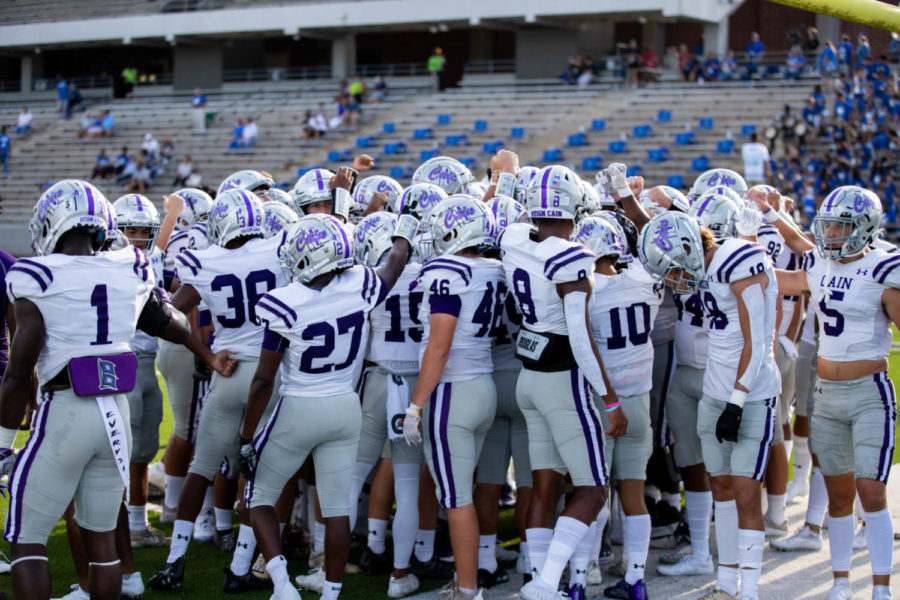Setting the Stage
39 years ago today, on Feb. 22, 1980, the United States faced the Soviet Union during the Winter Olympics, in a game that later became known as the Miracle on Ice. The Soviet Union entered the game, hosted in Lake Placid, New York, being the clear favorites to win. They had won gold medals in the four previous winter games, dating back to 1964. Their win-loss record was 127-1-1, and they had they had scored 175 goals in their careers. Their cumulative score against the United States at the time was 28-7. Simply put, the United States was the clear underdog team.
This was not the only thing that made the match-up dramatic. Keep in mind the year this game was hosted: 1980. The height of the Cold War. Only 13 days before the game on Feb. 9, then-Secretary of State Cyrus Vance denounced the International Olympic Committee (IOC) for hosting the 1980 Summer games in Moscow. Tensions between the two superpowers were at an all-time high. The only thing the crowd in Lake Placid wanted was to see their home country win and defeat the Red Menace, but they were doubtful they would.
On Feb. 9, the same day the aforementioned Secretary Vance denounced the IOC, the United States played an exhibition game against the Soviet Union in Madison Square Garden. The Soviets defeated the U.S. with ease. The score of this exhibition ended up being 10-3. The head coach of the Soviet Union, Viktor Tikhonov, later stated that his team’s win “turned out to be a very big problem,” as his team ended up underestimating the United States.
Soviets Take The Lead
Similar to their previous games against the Soviet Union, the United States fell behind early. In a little over 9 minutes, Alexei Kasatonov shot his puck towards teammate Vladimir Krutov. Krutov deflected the puck towards the goal, which got past goaltender Jim Craig, giving the Soviets a 1-0 lead. Buzz Schneider then scored for the U.S. on a 50-foot shot that tied the game. The Soviets scored another goal when Sergei Makarov got the puck past Craig, who failed to block it once again. With the game now 2-1 for the Soviets, Craig decided to step up his game, blocking dozens of Soviet shots.
With only seconds left on the first period of the game, Dave Christian fired the puck towards Soviet goaltender Vladislav Tretiak, from nearly 100 feet away. Tretiak saved the puck, but it rebounded 20 feet in front of him. Mark Johnson then hit the puck back towards Tretiak, who barely missed saving the goal, tying the game 2-2 with a literal second left in the first period. The goal came so late that many players didn’t even know the goal had been called until they were in their locker rooms.

Tretiak was replaced by backup goaltender Vladimir Myshkin, a move that surprised both Soviets and Americans alike.
Head coach Tikhonov describes this switch as “the biggest mistake of his career” and a “turning point” for the Americans. Myshkin did his job well during the second period however, not allowing a single puck to get into his goal. Both teams largely stalemated with one another during this period, aside from a goal scored by Aleksandr Maltsev. The period ended 3-2 for the Soviets. The game is most well remembered, however, for the period that followed.
The Americans Mount A Comeback
Minutes into the third period, the Americans then pulled off one of the most impressive power plays in hockey history. Mike Ramsey first fired at Myshkin, who stopped the puck. U.S. team captain Mike Eruzione then caught the rebounded puck and shot it wide into the center of the rink. Dave Silk caught the puck and began to move towards the Soviet goal when he was knocked down onto the ice by Valeri Vasiliev.
The puck slid to Mark Johnson, who had previously tied the game 2-2 during the first period. History repeated itself as Johnson hit the puck towards Myshkin, who was not able to block it successfully, tying the game 3-3. Only a couple of minutes later, Eruzione shot the Soviet goal. The puck only made it in due to a miscommunication between Myshkin and fellow Soviet player Vasili Pervukhin. Regardless, the game was now 4-3 for the Americans.
The Soviets were trailing for the first time the entire game, and now were playing exclusively offensively. The Soviets shot towards the Americans goal. The puck barely hit the edge of the goal post. The Soviets begin to panic and began firing shots wildly. U.S head coach Herb Brooks encouraged his players from the sidelines, continuously repeating the phrase “Play your game.” With one minute left, the Soviets began to ramp up their offense even more. Craig repelled two Soviet shots in under 13 seconds. After the second shot was repelled, a scramble for the puck ensued, ending with it being in the possession of Ken Johnson. Johnson immediately began to clear from the Soviets as the crowd began to count down the seconds left.
“11 seconds, you’ve got 10 seconds, the countdown going on right now! Morrow, up to Silk. Five seconds left in the game.” Sportscaster Al Michaels famously called. “Do you believe in miracles? Yes!” He hollered as the countdown ended. The Americans had expelled their greatest foe from the hockey rink. Brooks ran back to the locker room and cried tears of joy as the crowd broke out into singing “God Bless America.”
The Aftermath

Shortly after the game ended, the Americans received a phone call from then-President Jimmy Carter, who congratulated the team. The only game the Americans needed to win afterward to score a gold medal was against Finland. While preparing for the game, Brooks told his team “If you lose this game, you’ll take it to your graves.” The Americans defeated Finland 4-2 and scored a gold medal in the 1980 Winter Olympics.
The Soviet team’s experience after the game was the polar opposite. Head coach Tikhonov lined up the first-line players and chastised them, screaming “this is your loss!” The Soviets ended up defeating Sweden, scoring them a silver medal. However, they were so upset about their loss to America that they never got their names inscribed on them. The Soviet’s loss stunned the entire Soviet Union.
While the Soviet Union renamed a big name in hockey, they never returned to the power they once held over the division. Any hope for redemption was lost following the collapse of the Soviet Union in 1991.
Viacheslav Fetisov, a player who was on the Russian team during the Miracle on Ice, eventually moved to the NHL. When asked about why his team lost the game, he simply responded in a Broken English tongue “Coach crazy.”






